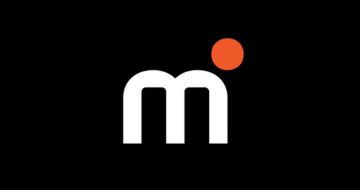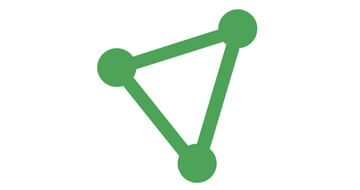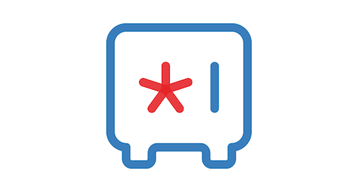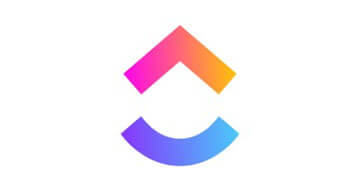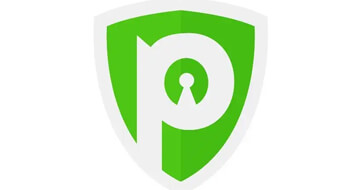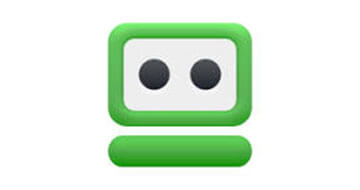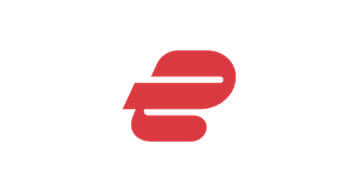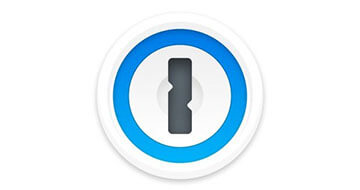The Three Basics of IT Security
There are three basic tenets of IT security that should be followed at all times: protect your data, protect your systems, and protect your users.
This includes confidential business information, trade secrets, and the personal information of employees. In addition, IT security can help to protect against cyberattacks and other online threats.
What is IT Security?
IT security is essential in today’s digital landscape and includes tools, software, and practices that protect organizations from cyber threats. It protects computer systems, networks and data from unauthorized access and breaches.
Effective IT security solutions provide features such as real-time threat detection, access controls, data encryption and regulatory compliance. Investing in reliable IT security measures helps protect reputation, build trust, and maintain a secure digital environment.
By prioritizing IT security, organizations protect their reputation, build customer trust, and ensure the confidentiality of their data in an ever-changing threat landscape.
How to Pick the Right IT Security Solutions?
SaasGenius provides comprehensive reviews of IT security software and services so you can make an informed decision. Our team of experts evaluate solutions based on effectiveness, ease of use, scalability, and customer support. We consider factors such as pricing models, integration options, and industry certifications. You can use our unbiased reviews and guidance to select the perfect IT security solution that meets your specific needs and budget.
Explore our selection of best-in-class IT security solutions and ensure reliable protection against cyber threats. Protect your business today!
